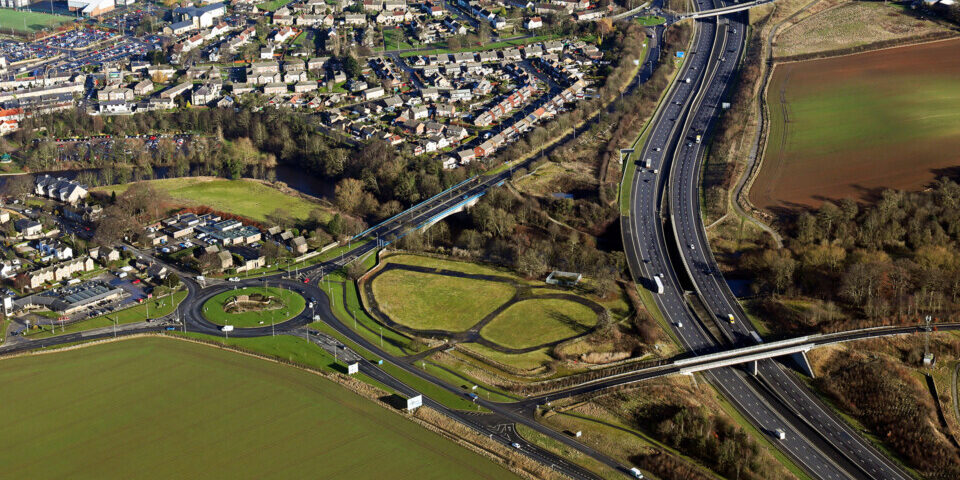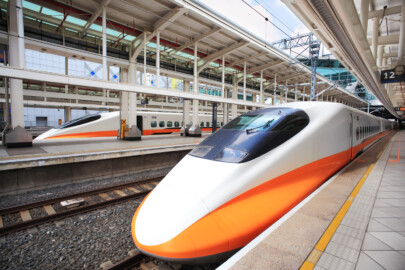Public infrastructure and access to labour splits UK small businesses down rural-urban divide
Unreliable public transport letting down almost three in five (58%) rural SMEs
- Almost two in three (64%) SMEs believe they don’t have access to sufficient skilled labour in their local area
- More than one in four (27%) SMEs expect their turnover to decrease over the next year, while less than a third (30%) plan to increase investment in technology and R&D
- London – 30 March 2023: Factors such as the availability of quality public infrastructure and access to skilled labour are entrenching a rural-urban divide among UK SMEs. This is according to a new survey of more than 900 SMEs by the British Chambers of Commerce (BCC) and Xero, the global small business platform.
The survey, exploring the suitability of SMEs’ local trading environments, found that those based in rural areas were more likely to report a deficit in key success attributes.
General business outlook
Across the country, the SME business outlook is subdued. Only half (53%) expect to see turnover growth in the next 12 months, while one in four (27%) expect turnover to shrink over the same period.
Equally, less than a third (30%) of SMEs plan to increase investment in technology, research, and development, while 18% expect a decrease.
Public transport
When assessing the suitability of local infrastructure, the rural-urban divide was particularly notable in public transport. Well over half (58%) of SMEs in rural areas do not believe their area has reliable and well-connected trains, compared with just 39% in urban areas.
Rail network deficiencies are also impacting SMEs based in business, retail or industrial parks, half (51%) of which were not satisfied with this provision. This rose further still when it came to buses and trams – over three-quarters (79%) in rural or countryside areas do not think they have access to reliable buses and trams, compared to 42% in towns, villages and high streets.
There is also a regional disparity evident; SMEs in the North of England (52%) and the Midlands (51%) disagreed that they had access to reliable and well-connected trains, compared with only 36% of SMEs in the South.
Internet connectivity
The rural-urban divide is also evident when it comes to connectivity. While three-quarters (75%) of SMEs overall agree their area has reliable broadband, this rises to 82% in urban areas and falls to around half (56%) in rural areas.
Labour market
Firms report a high level of dissatisfaction with their local labour markets; almost two in three (64%) SMEs do not believe their local area has high availability of appropriately skilled labour. Complete the Short Business Skills Survey to help your Chamber develop the Local Skills Improvement Plan.
However, there is divergence on this issue based on the type of business area. Firms in business, industrial or retail parks appear to struggle most acutely with this issue, with almost three in four (72%) stating that they did not have access to appropriately skilled labour. While still concerning, this drops to 56% for firms based in urban areas.
Alex Veitch, Director of Policy & Public Affairs at the BCC said: “Our research highlights the rural-urban divide that continues to exist between firms across the UK, with rural businesses generally reporting higher levels of dissatisfaction with the quality and availability of local resources.
“High-quality public infrastructure and access to a skilled labour force are both key to the success of a business, in particular SMEs, and today’s findings indicate that rural businesses are at a significant disadvantage.
“Government must urgently prioritise the development of public infrastructure. Such investment will not only enable local and small businesses to adapt and thrive, it will also create jobs and inject money into local economies across the UK.”
Jo Copestake, Director of Small Business at Xero, said: “When small businesses are eventually able to pivot to growth mode, any recovery would be inequitable, as many rural small businesses don’t believe they have the same trading conditions as their urban counterparts. We can’t risk that the conditions for recovery are skewed in favour of businesses in certain locations, which would reinforce the divides that have hampered the nation’s full economic potential for so long.
“Small businesses are the backbone of our economy, and that means their roots are all around the country. We must create an equitable trading environment, where each and every business can access the digital know-how, connectivity and infrastructure required to build a healthy business.”








